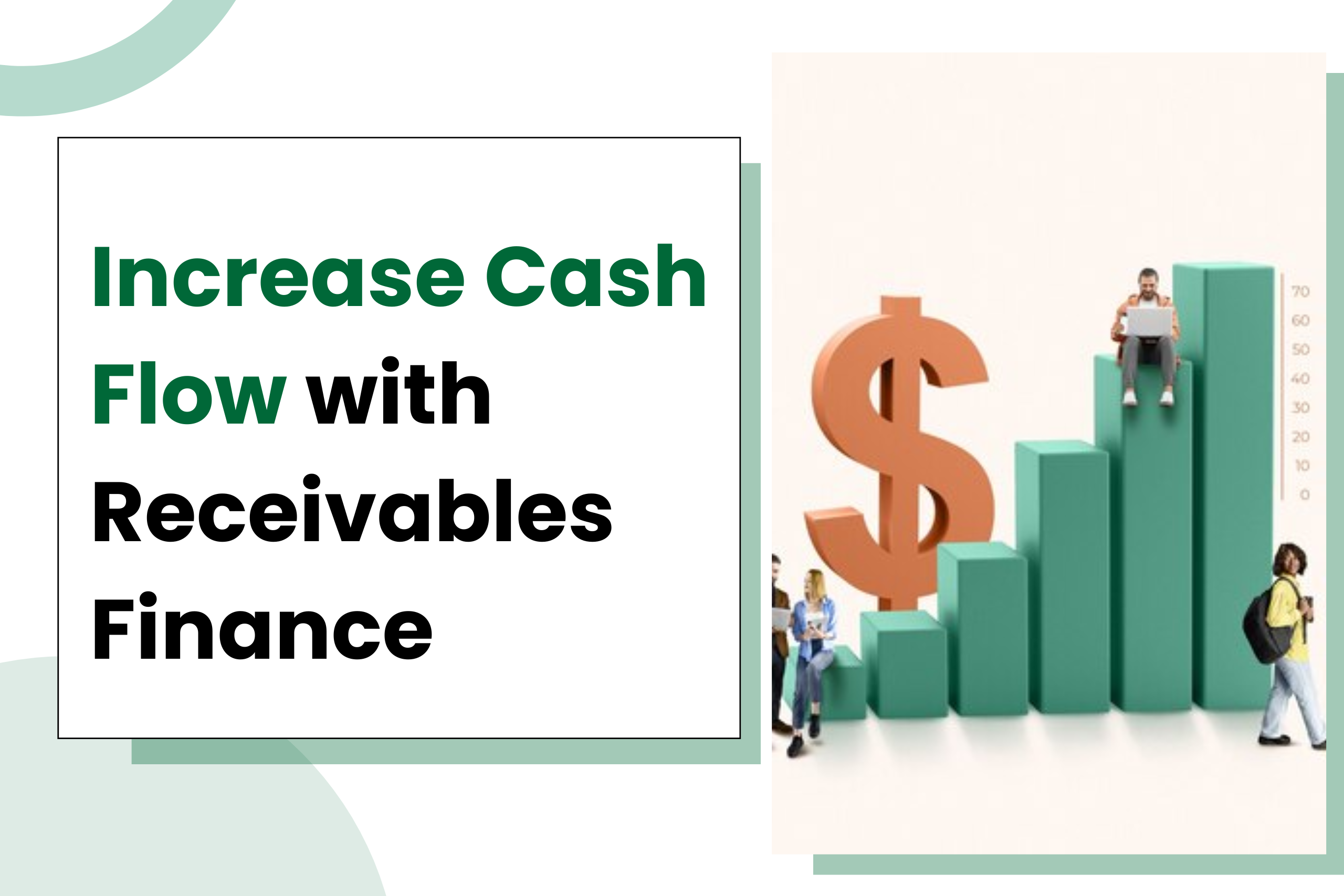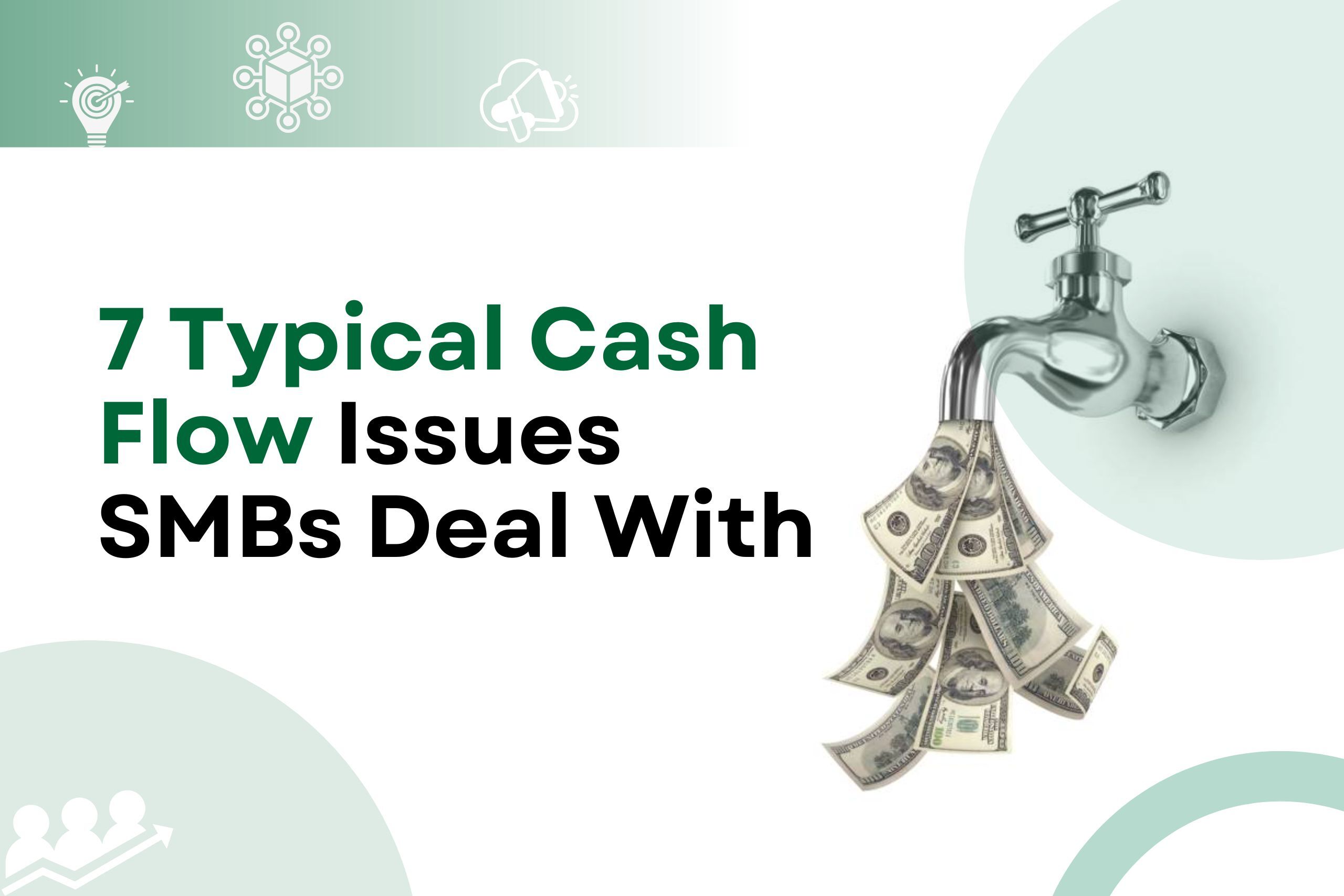Debt can often feel overwhelming, especially when you’re juggling multiple payments, varying interest rates, and due dates. Debt consolidation offers a way to simplify your financial obligations by combining multiple debts into a single payment. This approach not only makes managing your finances easier but can also save you money on interest if done correctly. Here’s a guide to help you understand how to consolidate debt effectively and take control of your financial future.
What Is Debt Consolidation?
Debt consolidation involves combining multiple debts into one loan or payment plan. This is typically done to:
- Simplify the repayment process.
- Secure a lower interest rate.
- Reduce the total monthly payment.
Common forms of debt consolidation include personal loans, balance transfer credit cards, and home equity loans or lines of credit. Each option has its pros and cons, so it’s essential to choose the one that fits your financial situation best.
Steps to Consolidate Debt
1. Assess Your Current Financial Situation
Before consolidating debt, take a close look at your current finances. Create a list of all your debts, including:
- Outstanding balances
- Interest rates
- Monthly payments
Understanding the full scope of your debt will help you decide whether consolidation is the right move and which method to use.
2. Check Your Credit Score
Your credit score plays a significant role in determining the terms and interest rates you’ll qualify for when consolidating debt. Higher credit scores typically result in better loan terms. If your credit score isn’t where you’d like it to be, consider taking steps to improve it before applying for a consolidation loan.
3. Research Your Consolidation Options
There are several ways to consolidate debt:
Personal Loans: Borrow a lump sum to pay off all your debts, then make a single monthly payment on the loan.
Balance Transfer Credit Cards: Transfer your existing credit card balances to a card with a low or 0% introductory APR. Be aware of transfer fees and the duration of the promotional rate.
Home Equity Loans or HELOCs: Use the equity in your home to secure a loan or line of credit. This option often comes with lower interest rates but involves putting your home at risk.
Debt Management Plans: Work with a credit counseling agency to negotiate lower interest rates and consolidate your payments.
4. Compare Interest Rates and Terms
When choosing a consolidation option, compare the interest rates, fees, and repayment terms to ensure you’re getting the best deal. Remember, the goal is to lower your overall cost of borrowing and make repayment more manageable.
5. Create a Repayment Plan
Debt consolidation isn’t a magic fix—it’s a tool to help you manage your finances more effectively. Once you consolidate your debt, create a repayment plan that ensures you’re making consistent payments on time. Budgeting and cutting unnecessary expenses can help you stay on track.
Pros and Cons of Debt Consolidation
Pros:
- Simplified repayment process.
- Potential for lower interest rates.
- Reduced monthly payments.
- Improved credit score with on-time payments.
Cons:
- May require good credit to qualify for favorable terms.
- Risk of accruing more debt if spending habits don’t change.
- Some options, like home equity loans, involve collateral.
- Fees and upfront costs can offset savings in some cases.
When to Avoid Debt Consolidation
- Debt consolidation isn’t always the best choice. Avoid it if:
- You’re unable to secure a lower interest rate than your current debts.
- You have a habit of overspending and may accumulate new debt.
- The fees associated with consolidation outweigh the benefits.
In these cases, consider other strategies like debt snowball or avalanche repayment methods, which prioritize paying off debts based on their size or interest rates.
Final Thoughts
Debt consolidation can be a powerful tool for simplifying your financial life and saving money on interest. However, it requires discipline and a commitment to avoiding new debt. By carefully evaluating your options and creating a solid repayment plan, you can use debt consolidation to regain control of your finances and work toward a debt-free future.
If you’re considering debt consolidation, Asset Commercial Credit can help! Contact us to explore your options and find the best solution for your financial needs.




